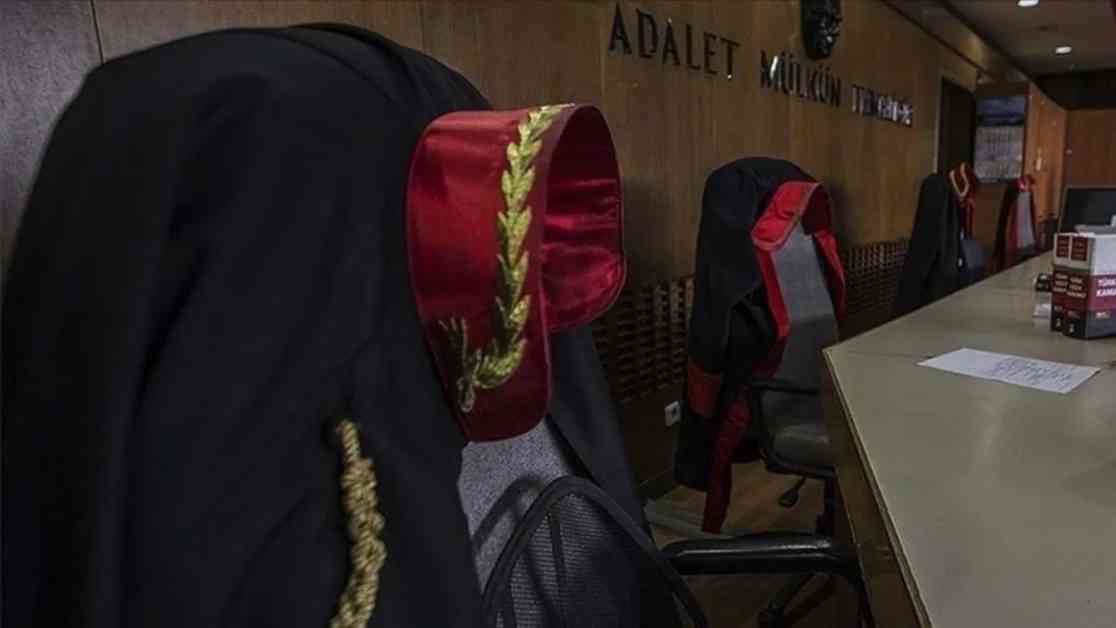Justice Minister Tunç Announces Changes in Duty Locations for 332 Judges and Prosecutors
Justice Minister Tunç recently took to social media to announce the changes in duty locations for 332 judges and prosecutors in Turkey. The decision was made following the completion of the 2024 Judicial and Administrative Judiciary Winter Decree based on excuses by the High Council of Judges and Prosecutors 1st Department.
In his statement, Minister Tunç expressed his well wishes for the country and the judiciary community. He stated, “A total of 332 judges and prosecutors, including 318 in the judicial system and 14 in the administrative system, have been assigned new duty locations. I wish them success in their new roles.”
The changes in duty locations are aimed at optimizing the allocation of judges and prosecutors across different regions in Turkey. The reassignment of personnel is a routine practice that ensures the efficient functioning of the judiciary and helps in addressing the needs of different courts and legal departments.
Impact of Duty Location Changes on the Judiciary
The reassignment of judges and prosecutors to new duty locations can have a significant impact on the functioning of the judiciary. It allows for the redistribution of workload and resources, ensuring that courts and legal departments have adequate staffing to handle their caseloads effectively.
Moreover, the changes in duty locations can also contribute to the professional development of judges and prosecutors. By experiencing different court environments and legal systems, they can broaden their perspectives and enhance their skills, ultimately benefiting the overall quality of justice in the country.
Challenges and Opportunities for Judges and Prosecutors
While the changes in duty locations present new opportunities for judges and prosecutors to grow professionally, they also come with challenges. Adapting to a new work environment, building relationships with colleagues, and familiarizing oneself with local laws and procedures can be daunting tasks for those transitioning to a new duty location.
However, these challenges also provide valuable learning experiences and opportunities for personal and professional growth. Judges and prosecutors who embrace the changes and approach them with a positive attitude can enhance their skills, expand their networks, and contribute more effectively to the administration of justice.
In conclusion, the changes in duty locations for 332 judges and prosecutors in Turkey represent a proactive approach to optimizing the allocation of resources and enhancing the efficiency of the judiciary. By reassigning personnel based on the needs of different courts and legal departments, the government aims to ensure that the justice system operates smoothly and effectively.





















